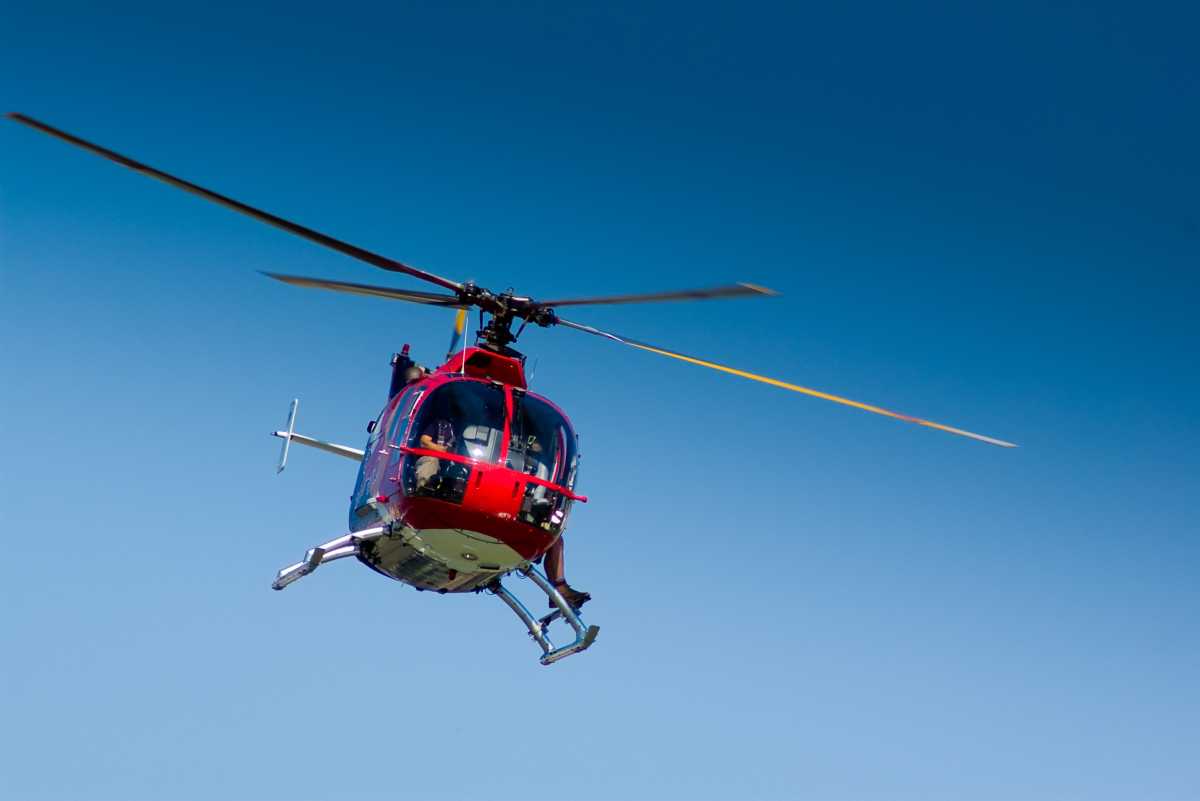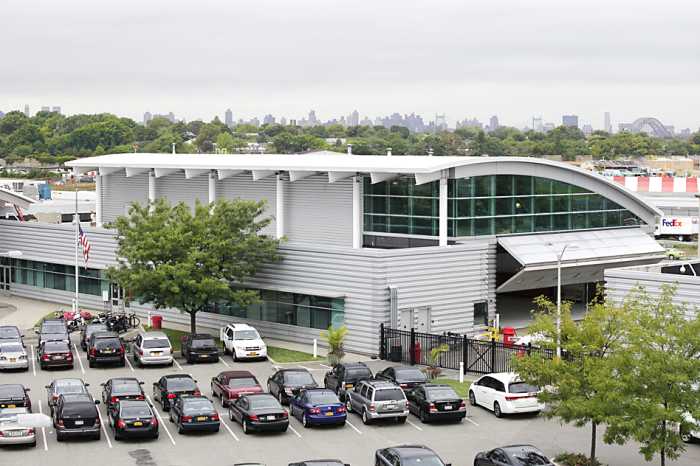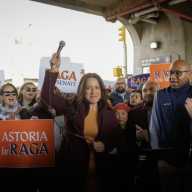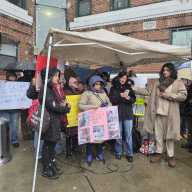In a concerted effort to mitigate helicopter noise across the city’s skies, Councilman Paul Vallone chaired a hearing of the New York City Council Committee on Economic Development, during which he introduced several new pieces of legislation.
Known as Intro 2026 and Intro 2027, the bills aim to reduce helicopter noise from the city’s charter helicopter industry by creating a quieter, greener fleet. Under the legislation, newer technology would be implemented at city-owned helipads, the city would be required to study electric powered takeoff and landing vehicles and more data would be collected on helicopter safety, route information and flight patterns.
Attendees heard testimony from New York City’s Economic Development Corporation, the Department of Citywide Administrative Services, Blade Urban Air Mobility and industry advocates.
Although helicopter noise has been a persistent issue for years, the pandemic has highlighted the issue for New Yorkers, who are now spending much more time at home. A report from THE CITY showed that helicopter noise complaints to 311 increased 130 percent from 2019 to 2020.
Vallone’s Intro 2026 would ensure that all helicopters in the city’s skies would be Stage 3, the highest standard for quiet helicopters. In 2014, the Federal Aviation Administration (FAA) introduced the Stage 3 helicopter. Since then, only one model of the Stage 3 has been used in the city.
“Helicopter noise is a persistent, aggravating issue for so many residents in our city,” said Vallone. “311 complaints surged more than 130 percent over the past year and we must do more to get it under control using the tools we have at our disposal. We must lower noise emissions in our sky’s and these bills take appropriate steps towards helping New York City residents.”
Congressman Tom Suozzi, co-chair of the Quiet Skies Caucus, praised the legislation as a step toward progress but said that “more needs to be done.”
“I became co-chair of the Quiet Skies Caucus to help alleviate the incessant noise from low flying helicopters that my constituents in northeast Queens and residents throughout the borough have endured for years,” said Suozzi. “I fully support Council Member Vallone on his ongoing efforts to reduce helicopter noise, thereby improving the quality of life for the residents of Queens.”
In tandem with this legislation, organizations within the helicopter and aviation industry have been working on new technologies to reduce noise and air pollution associated with urban aircraft usage. According to Blade CEO Rod Wiesenthal the company is hoping to “facilitate and accelerate” the widespread usage of electric helicopters by 2025.
Under Intro 2027, the city would be required to research how to incorporate electric vertical take-off and landing (eVTOL), once it’s available, to reduce municipal aircraft’s negative impact on people and the environment. According to NYC’s Chief Fleet Officer Keith Kerman, eVTOL “holds the promise of zero emissions and low noise aviation units,” a vast improvement from the 185,000 gallons of jet fuel the city currently uses.
“Advances in electric battery capacity and density will be critical to the successful introduction of these options,” said Kerman.
Grassroots nonprofit organization Stop the Chop, which advocates for a ban on all nonessential helicopters over New York, praised Vallone’s legislation as an essential first step.
“The introduction of this legislation is an excellent first step. We applaud all our local and federal elected officials working to regulate this industry that degrades the quality of life for millions in the New York Metro area, increases the level of carbon emissions in our environment, and caters to a privileged few at the expense of everyday New Yorkers,” said the nonprofit.


































